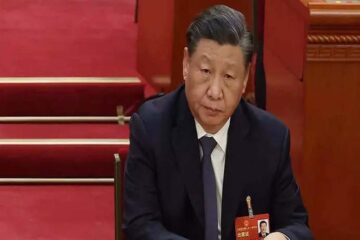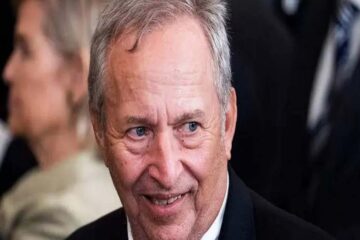The Role of Jay Powell in U.S. Economic Policy

Powell’s Balancing Act
Jay Powell, the Chair of the Federal Reserve, finds himself in a delicate position amidst the political turmoil of an election year. Striving to remain apolitical, Powell faces pressure from various quarters, including former President Trump, as he navigates the Federal Reserve’s role in shaping monetary policy.
Political Landscape and Monetary Policy
Despite attempts to distance the Fed from political influences, Powell’s decisions on interest rates carry significant political implications. The state of the economy, influenced in part by interest rates, plays a crucial role in shaping voter sentiment and, consequently, electoral outcomes.
Economic Indicators and Fed Decisions
Amidst the ongoing economic recovery, Powell must weigh various factors, including inflation, consumer sentiment, and interest rates, in determining the appropriate monetary policy. The timing of rate adjustments could significantly impact voter perceptions and election dynamics.
The Impact of Interest Rates
Interest rates directly influence consumer behavior and economic activity, making them a focal point in political discourse. Lower rates could stimulate economic growth and bolster public confidence, potentially benefiting the incumbent party.
Fed Independence and Political Pressure
While the Federal Reserve strives for independence, it remains susceptible to political pressures and public perceptions. Past instances, such as Nixon’s interference in the 1970s, underscore the challenges of maintaining Fed autonomy in political environments.
Powell’s Approach
Despite external pressures, Powell maintains a cautious approach, emphasizing data-driven decision-making and apolitical policy formulation. However, the political landscape inevitably shapes public discourse surrounding the Fed’s actions.
Economic Uncertainties
External factors beyond the Fed’s control, such as global market forces and geopolitical events, contribute to economic uncertainties. Powell must navigate these challenges while upholding the Fed’s mandate of fostering economic stability.
Conclusion
As the steward of U.S. monetary policy, Jay Powell faces the daunting task of balancing economic imperatives with political realities. While striving for independence, the Fed’s decisions inevitably intersect with broader political dynamics, shaping public perceptions and electoral outcomes.












